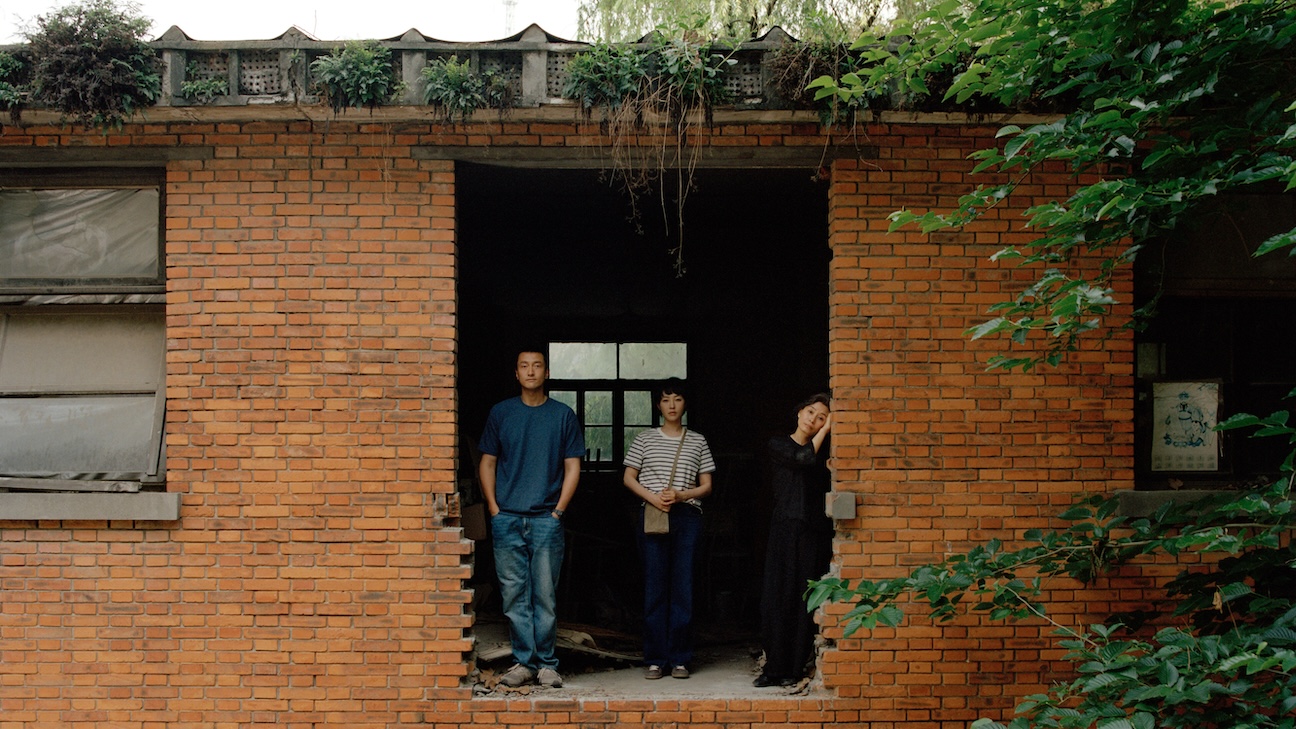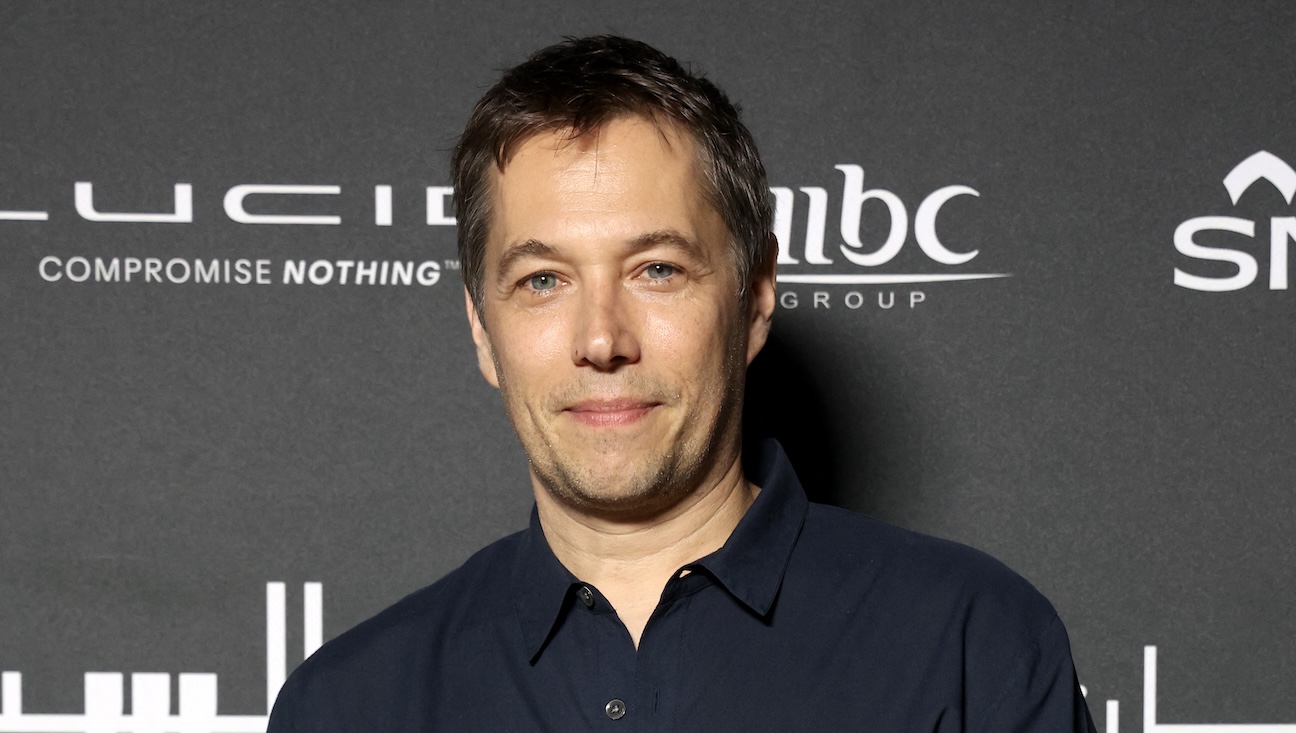In many ways, writer-director Zhang Lu’s latest feature, Mothertongue, follows the classic Hollywood rom-com template: A semi-famous movie star, Chunshu (Bai Baihe), returns to her hometown after both her career and love life fall apart. She reconnects with her young mother, Fang Lijuan (Peng Jin), as well as her former acting teacher, Zhang Mei (Liu Dan), who suffers from memory loss. More importantly, she crosses paths with Liu Dan’s son, Wang Dongdong (Wang Chuanjun), an eligible bachelor who’s the same age as Chunshu and seems to be ready for a new relationship.
Indeed, Mothertongue contains plenty of ingredients found in flicks like Sweet Home Alabama or Garden State, and ultimately winds up delivering on the genre’s promise. But it has another flavor entirely — one that gives us a sharp taste of its particular setting: the western city of Chengdu, massive capital (population 26 million) of the Sichuan province and home to a teeming cultural scene both past and present. It’s also a city that Chunshu has been away from for so long that she no longer speaks the local dialect, trying to get her bearings during what appears to be a midlife crisis.
Mothertongue
The Lady from Chengdu.
Zhang’s slow-burn chronicle is also a movie about movies, or perhaps the death of them. Many scenes are set in the abandoned Emei Film Studios, which reigned over Sichuan movie production starting in the late 1950s. Now it’s a ghost town filled with old 35mm film canisters, editing equipment, picture cars and crumbling sound stages that Chunshu wanders around as she figures out what her next move might be. She’s an actress who’s decided to leave the game, stuck in a studio no longer in operation.
This sounds like depressing stuff, and Mothertongue is not extremely upbeat. But it’s not really a downer, either. Bai, who’s headlined Chinese blockbusters like Monster Hunt, has a luminous onscreen presence, even if she doesn’t do much at times beyond walking around town, dealing with her cat or hanging out at cafés and galleries. And yet we can feel Chunshu’s constant soul-searching as she tries to find herself in a place she long left behind.
The scenes between Bai and Wang (A Place Called Silence) are among the strongest, revealing the push-and-pull of two lonely people in their early 40s rediscovering Chengdu at the same time, albeit for different reasons. Dongdong is taking care of a mother who was once a formidable acting coach and now needs constant care, while Chunshu’s mom is only 16 years older than her daughter and is in the midst of a tumultuous love affair.
There’s actually plenty of drama beneath the surface, but Zhang favors subtlety over histrionics, giving his film a quotidian feel that borders, at times, on documentary. Cinematographer Piao Songri, who shot the director’s 2023 Berlin competition feature, The Shadowless Tower, captures Chengdu’s unique cityscape as much as he does the characters themselves, framing them against canals, towers and lush outdoor gardens.
At just over two hours, Mothertongue does ramble in places — a Hollywood version of this story would clock in at 100 minutes tops — with Zhang exhibiting a tad too much directorial self-indulgence: During a casting call scene early on, Chunshu meets an arthouse filmmaker whose producer has strong ties to Cannes. Later, she and Wang visit a housing complex called the “Palme d’Or Estate” with its own red-carpeted steps.
These kinds of inside baseball references can be too cute for their own good, whereas at its heart, the film is about something deeper than nods to cinema. Chunshu, as we learn, is also estranged from her home city because her mother often neglected her. She’s not only back in town to learn the dialect again, if possible, but to pick up the pieces of an existence she abandoned years ago for the big screen.
By stepping away from the camera and back into Chengdu, Chunshu finally has a chance to figure out who she really is. Mothertongue is therefore less of a rom-com, or even a love story, than a tale about leaving movies behind when life comes calling.





